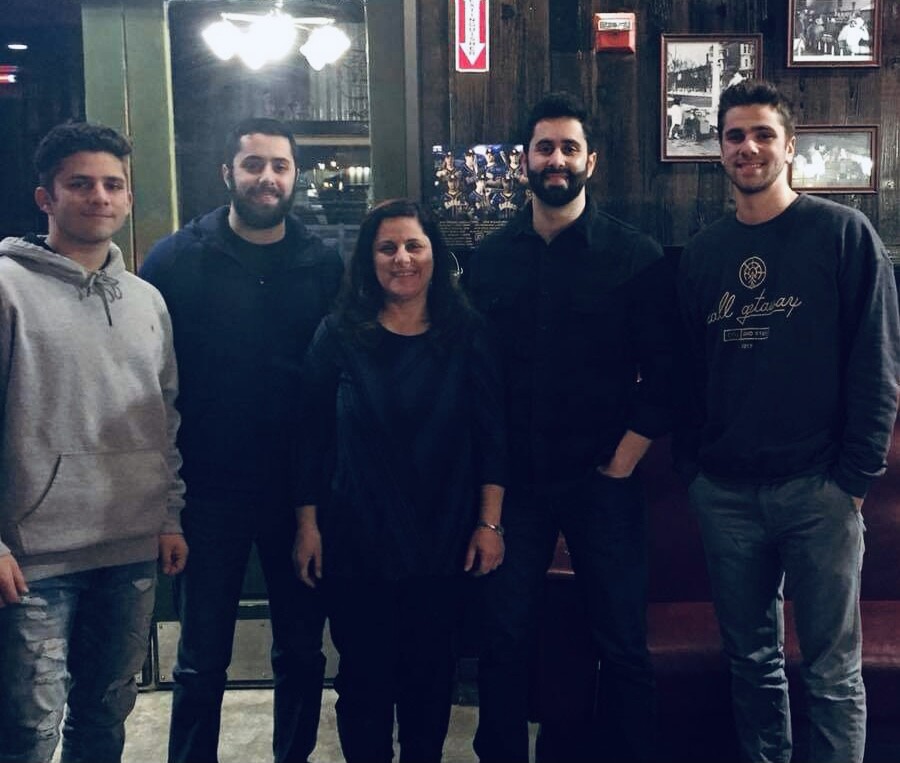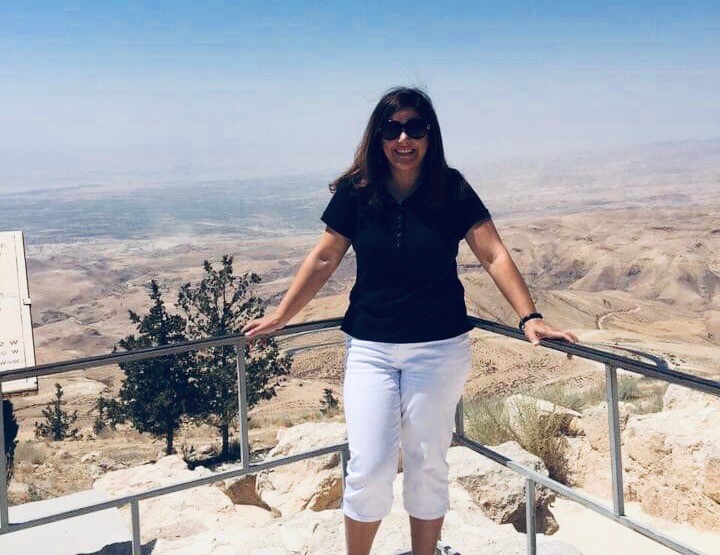
On April 1, 2021, the US Department of State recognized April as National Arab-American Heritage Month to celebrate the culture of Arabs living in the US, and their contributions to society. According to the Arab-American Institute, there are currently ~3.5 million Arabs in the country, and some 93,000 Jordanians per the 2019 American Community Survey. I personally enjoy talking about language, culture, and lifestyle. It’s the world I’ve been immersed in during the last decade, as an academic, linguist, and human being. Rather than give my two cents on the topic as someone who was raised in an Arab-American household, I thought it would be better this time to consult a primary source.
This week, I asked my mother, Ms. Hala, if she’d be willing to talk about some of her experiences as an immigrant to the US. My mother was born in Amman, Jordan. She moved to the US in her early 20s and ultimately settled in Columbus, Ohio. My mother’s experiences and perspective shed light on some of the challenges and opportunities of immigration, in general, and immigration from the Middle East to the US, in particular. The following is the account of a live 90-minute interview conducted in person. I trust you will find her answers to be funny, direct, and insightful.
[For the complete archive of interviews, click here.]
You’ve been living in the US for around three decades. Can you recall any funny, strange, or awkward encounters that happened as a result of you having grow up in Jordan?
I remember when I first came to America, and I worked at the Christian bookstore. I was driving home one day. I guess I was speeding on the Old Brice Road. It was 25. It’s still 25 today. A cop flashed behind me, and I didn’t realize that he was trying to pull me over. I was new in the country, and nobody tails you like that in Jordan. The cop followed me all the way home. He gave me a ticket. He said he wouldn’t have given me a ticket if I had stopped. I did not have that realization or understanding. I was in my mid-twenties at the time. Since that day, I have not been pulled over a single time.
I also used to cut people off in conversation all the time. In Jordan, we’d have a room full of people with everybody talking at the same time, and everybody understanding everybody. I don’t know if it was a Jordan thing or just my family. I came to America, and I started realizing after cutting people off all the time, they would start looking at me funny. They would get real quiet. People were not trying to be rude, but you could tell by their body language that they did not appreciate me interrupting them. I started to have the self-awareness that “Oops, this doesn’t work.” Since then, I’ve been working on my ability to listen all these years and not interrupt people. I think I’ve come a long way.
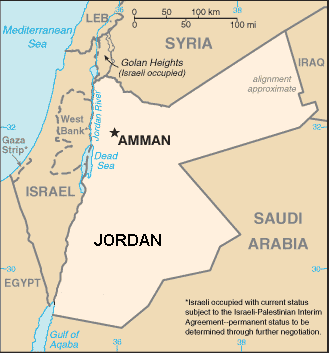
What is one thing people don’t know about Jordan, the Middle East, or Arab culture?
Jordan is a dry country with very little rainfall. We cherish water. We don’t waste it. When I used to see people in the US leaving the faucet on hot for half an hour while rinsing and shaving, I would think “Man, people here just waste water. They let the faucet run and run.” In Jordan, we used to use a bowl to shave. You would dip the razor in and out to conserve water. There were water tanks on top of the house. If you ran out of water, you would have to call a company to come bring you more.
Another difference has to do with the church in general. As Christians in Jordan, we were a minority. Living in that environment puts you on guard. When I came to the US, I felt people were more relaxed spiritually. They didn’t have to feel what we felt and deal with some of the things we dealt with. When America is all people know, they often take for granted resources and privileges that everybody in the world doesn’t have. Freedom. Education. Job opportunities. Financial blessings.
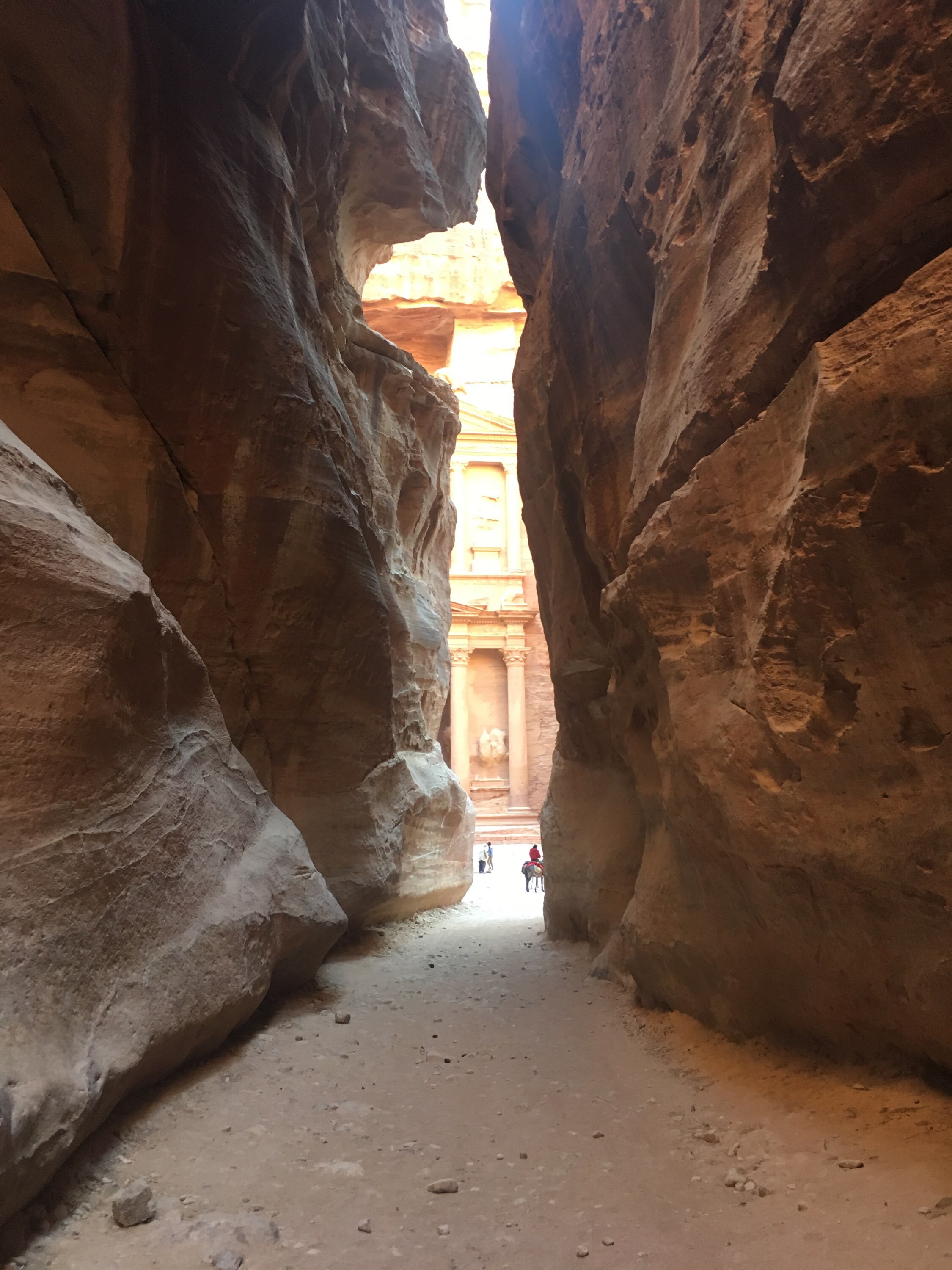
You’ve been involved in Christian ministry for more than a decade. What inspired you to take that route?
I’ve had a desire to do ministry since I was a teenager. It was something I felt the Lord was calling me to do. After I graduated high school in Jordan, I went to Switzerland for a few months to attend a child evangelism program. When I came back to Jordan, I led children’s ministry at my local church and in other parts of the country. I loved working with the youth.
Ministry has always been a part of my heart and what I’ve wanted to do. I love to teach the Bible, and I have a heart to see people restored, discipled, and have a deeper walk with the Lord. When I came to the US, I continued on that same path, but in a different capacity, now with adults instead of children. I’ve been pastoring/teaching/reaching adults for the last 12 years.
I still have a heart for the younger generation. Even though I don’t teach children, I have a heart to see God’s purpose in their life. I believe we need to keep the younger generation at the forefront of what we do, because it will eventually come time to pass the baton on to them.
I was also busy first raising my own children. That, in itself, I felt, was a big part of my ministry. For a big portion of my life, they were the priority in everything I did.
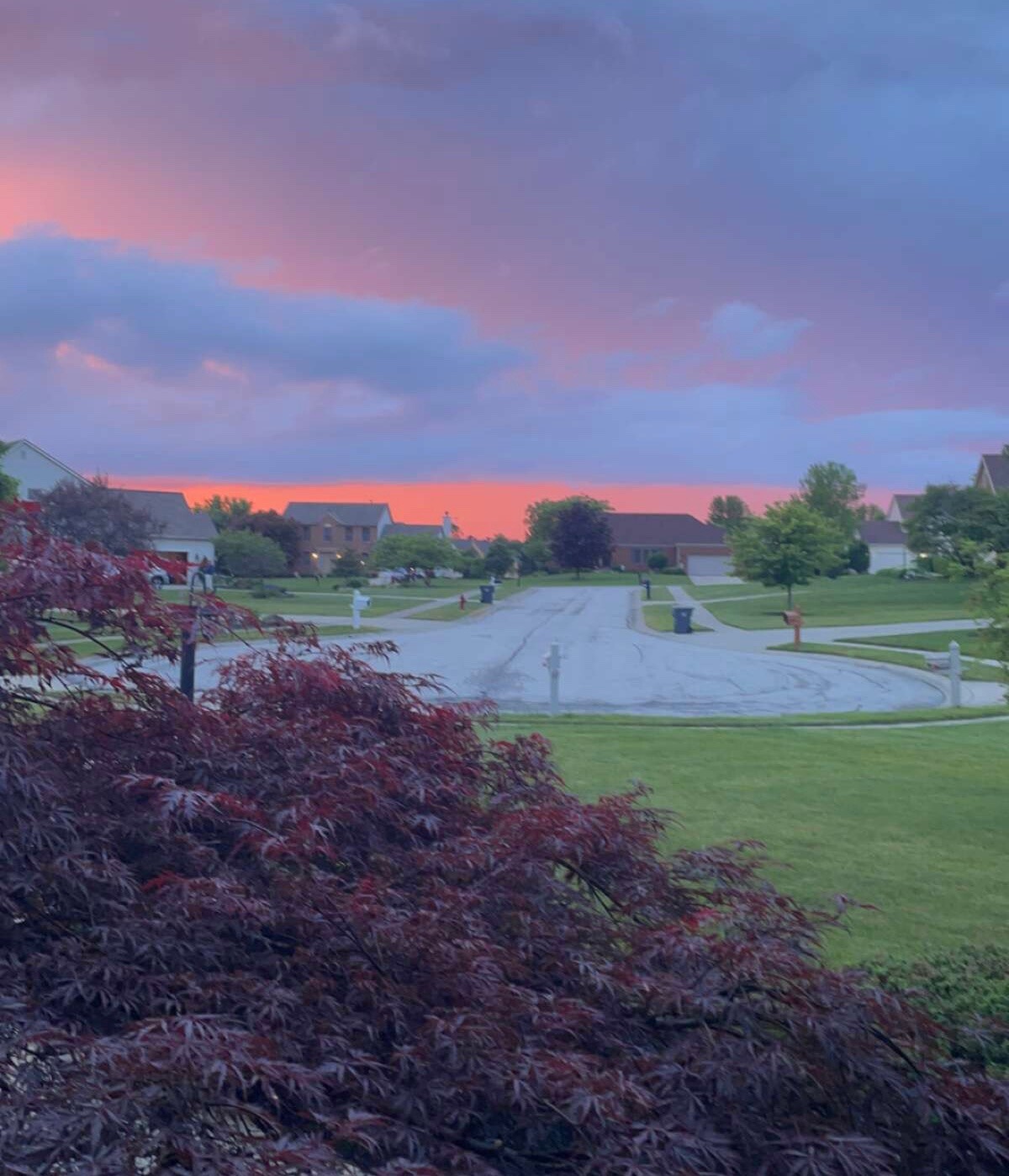
You also work at family-owned HSU & CO Natural Health Store, a local retailer specializing in nutrition and wholistic health. What is it like to work there?
HSU is an educational ground for me. I learn from the industry, from other employees, and from the customers. I get to build relationships with people. It’s very busy, and I’m interacting with people all day long. I find it engaging to get to help people feel better health-wise. It’s been amazing to learn about all the natural herbs and medicine that enable people to depend less on pharmaceuticals. I still have so much more to learn, of course.
Some people are already fluent in the language when they migrate. For others, it takes years of full immersion before they attain proficiency. Did you have a background in English before you arrived in the US?
I started studying English in Jordan in the 1st grade. I attended a private school, called the Greek Orthodox School. Many people who went to public government schools did not receive the same quality English education. The curriculum consisted of one English class, taught in English, while everything else was in Arabic.
I didn’t speak English around family or friends, but another way I had exposure to the language was through missionaries who came to Jordan. There was this one lady I connected with from the US, in particular, who felt God wanted her to teach me how to play the organ. I got to practice my English with her, and I ended up playing the piano at church for years.
Many people don’t know that Britain influenced our culture a lot, including the school system. I remember one of my English teachers was from Britain, and he taught us an Oxford-style English. When I lived in Jordan, not everybody studied English, and not everyone who studied English spoke it well, so it wasn’t something you could take for granted. I know today there are many American schools in Jordan with American teachers, so maybe that is no longer the case.
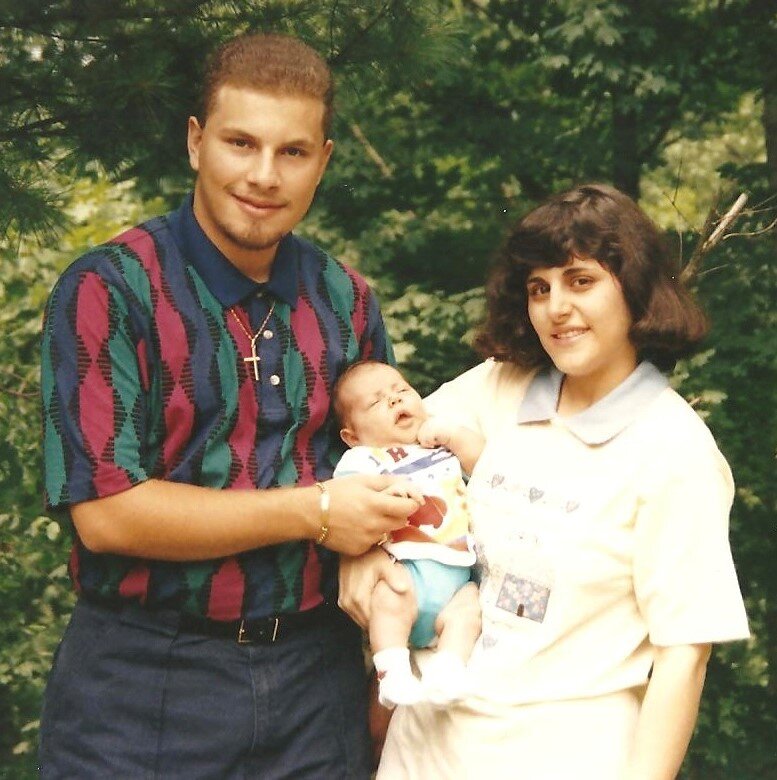
Did you have any difficulty communicating after you first arrived?
I think most people could understand me. If they were talking too fast, sometimes I had a hard time understanding them. The issue in communication often has to do with culture, not language. People don’t understand where you’re coming from, even if they understand the words you’re saying. Our way of thinking and mannerisms do not always translate.
Arabic is notoriously hard for English speakers to learn. Is the same true in reverse?
I think it is easier to learn English because there are a lot more words in Arabic than English. Arabic also has more complex grammar and accents. In English, when you say the word “You,” it can apply to one person, two people, or many people. In Arabic, you use a different verb form for singular and plural. Written Arabic also has a separate language and case system you have to learn alongside the spoken dialects. Arabic is a whole different ballgame. You don’t have to deal with any of that in English.
How do you keep your Arabic fresh?
I keep my Arabic fresh by talking to family members. I actually should do more than that because it’s not enough. I should be reading books in Arabic, but I read in English, and I pray in English. They say the language you pray in is the language you’re most comfortable in. Since I’ve been praying in English for a long time, I guess you can say I’m more comfortable in English at this point.
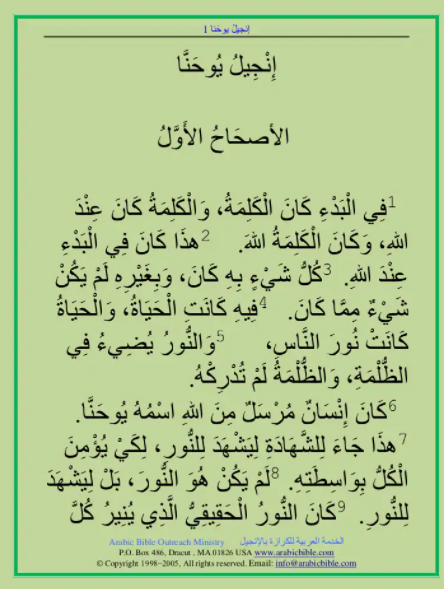
Your accent has gotten less pronounced over the years, but it’s still noticeable. Do you feel like people treat you differently when they perceive that you are a foreigner?
I think people are sometimes afraid of what they do not understand. When people hear the accent, they have preconceived ideas about who you are. It’s not always negative. Some people are loving and welcoming, while others keep you at a distance.
I’m a very sociable person. Whether I was at my kids’ school or baseball games, I always tried to interact with people and talk to them, even if they didn’t come talk to me. That was good in a sense, but sometimes I still felt that I was an outsider and wasn’t fully included in whatever they were doing.
I will say that some people went out of their way to make us feel welcome and loved when we first came to Ohio and attended World Harvest Church. For example, we met a guy named Glenn and his wife, Marilyn. Glenn and Marilyn showed us love and grace. When you come from a different country, a different culture, speak a different language, have a strong accent, people don’t always welcome you with open arms. Now maybe people are more welcoming to immigrants, but that wasn’t always the case.
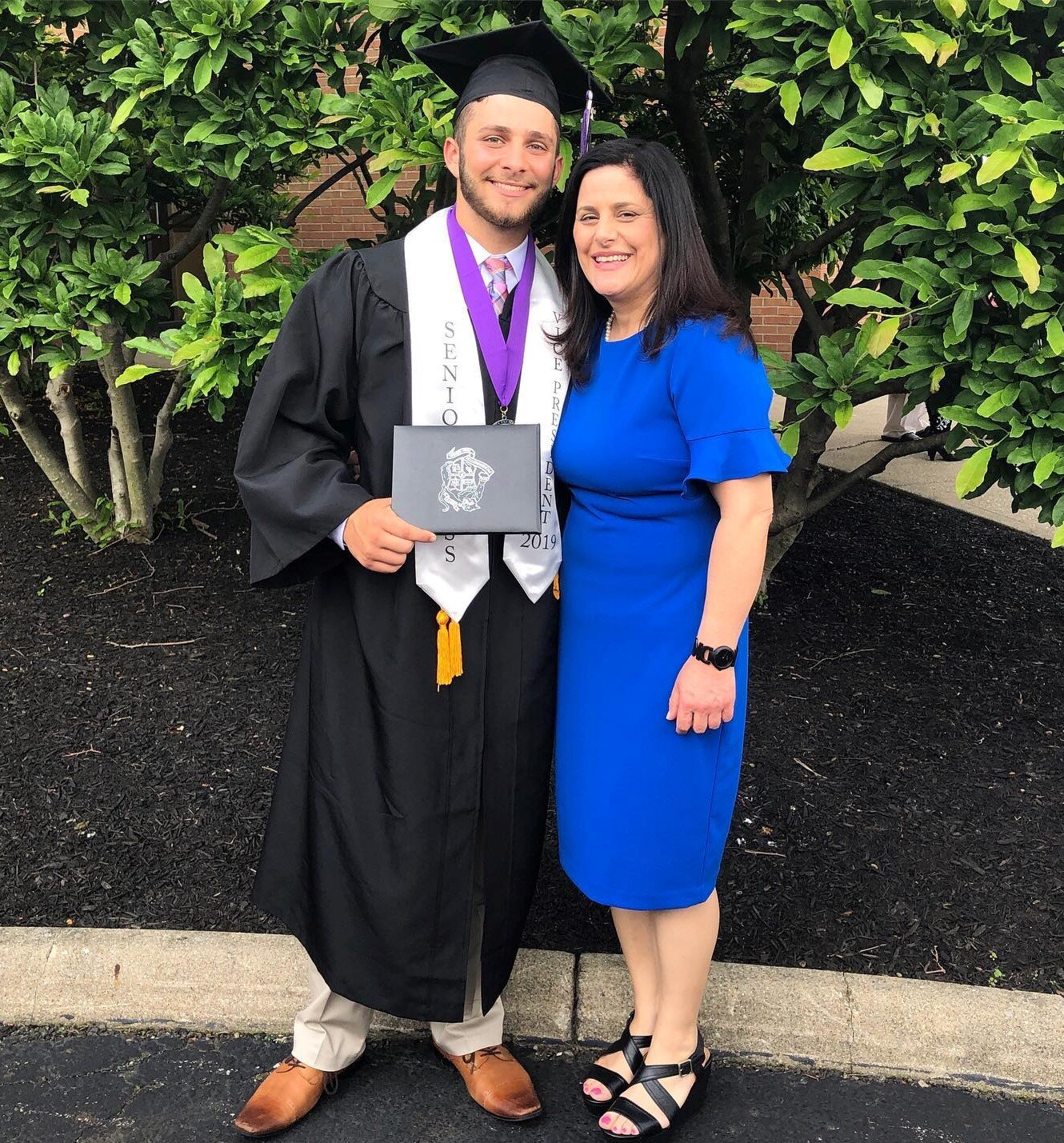
What is one of the biggest challenges of living in the US?
In the US, you have to work harder to build your community and relationships. If you don’t do that, you can quickly find yourself isolated. In Jordan, it seems that families are more close-knit, and relationships are easier to come by. Everybody is busy here, so you can easily go a long time without talking to someone. There’s also the geographic dynamic. I’m so blessed to have all my boys in the same city, at the moment. Many people I talk to have family scattered all over the US.
People here also work long really hours, and it affects social relationships. In the US, people work from the morning to the evening. In Jordan, many people used to work in the morning, take a lunch break, go home, and eat, before going back to work. You could even have a siesta [nap] if you wanted to. I don’t know if that’s how it still works. I always used to think it was weird here that people worked in the morning straight until 5. People here seemed to be having health issues, and they seemed to be really stressed out. And then eventually I became a part of that system.
Have you been involved in any extracurricular/civil society activities?
In 2015, I was selected to do leadership training for the inner city with a program called DVULI [DeVos Urban Leadership Initiative]. It was a faith-based, 15-month program that consisted of trainings, workshops, and events. The focus was on empowering leaders to work with youth, particularly in urban communities.
In the last few years, I’ve served on the committee of Young Life Ministry for the Southeast area of Columbus. Young Life seeks to reach youth in high schools through various activities, camps, and community engagement. My committee supports leaders with these efforts. Sometimes we cook food for events. We also help with event planning and execution.
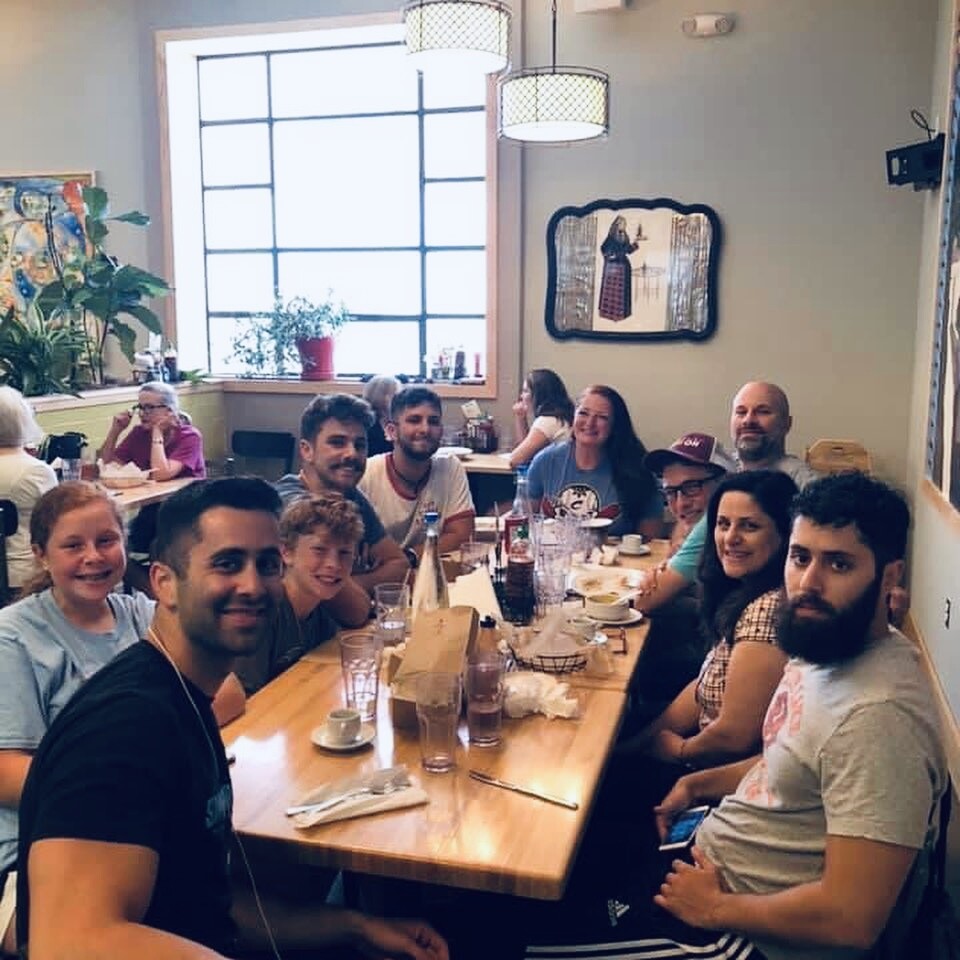
You visited Jordan a few years ago. How did the country compare to your memory of it three decades ago?
The thing that stood out to me the most was the influence of other peoples. I saw the influence of people that came to Jordan from Syria and Iraq and the Gulf. They started businesses. For example, there were many more Syrian restaurants. Also, it was more crowded. Amman was as hectic as ever.
What is the thing you’ve missed the most about Jordan?
My family who still live there.
I’m going to ask you several questions in quick succession. You can limit your answers to no more than a few words or sentences.
Favorite Jordanian food?
Falafel.
Favorite American food?
Pizza.
Favorite TV show?
I don’t have a favorite, but I like police and detective shows.
Favorite thing about Ohio?
The four seasons.
Least favorite thing about Ohio?
Slick roads in the winter.
If you had to move to another city or country, where would you go?
Somewhere not too far away from my kids.
Does pineapple belong on pizza, yes or no?
No.
What are some of your favorite memories growing up in Jordan?
There was a surprise birthday party that my family and church threw for me when I turned 18. It was so much fun. So many young people were in attendance, and we played all kinds of games. I was not expecting it at all. They did a really good job.
When I was teaching children’s ministry, I would go to different parts of Jordan, and the kids would all run to my car and carry my keyboard and all my teaching materials. I would play the keyboard, teach them, and do everything ministry-related. The kids were so excited to learn and to have the meeting.
Youth camps were also one of my favorites, both attending and as a leader. We had a wonderful time learning about the Lord and growing in our relationship with God. We used to go to England every summer when I was young and attend kid’s camp there. It was such a fun time.
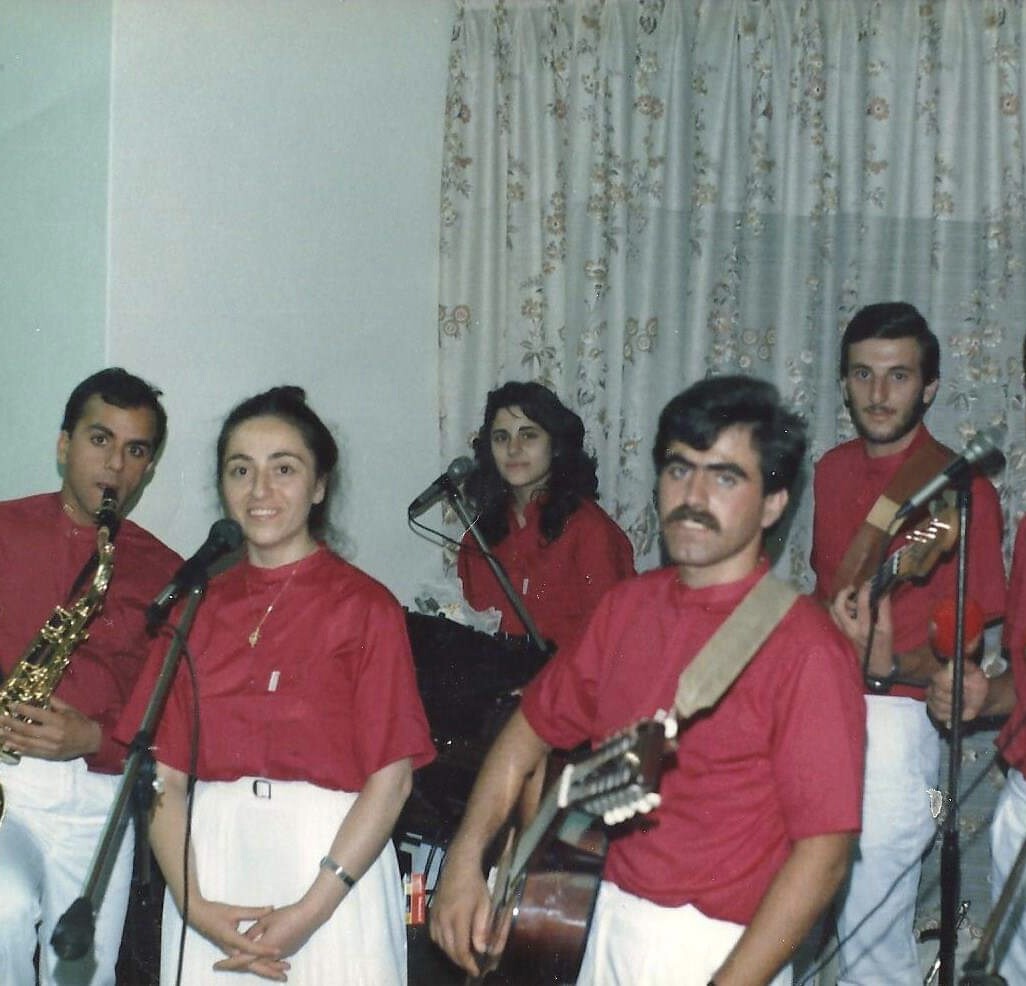
What are some of your favorite things about living in the US?
I like the freedom. I like the space. The whole country is full of space and freedom. Even the roads in America are bigger. I like order. In Jordan, there could be 4 cars in 2 lanes, or even 5. The nature here is also beautiful. There’s green grass. We didn’t have green grass in Jordan–nobody learned to cut grass because there wasn’t any. Jordan is a desert. People here seem to learn how to do all kinds of stuff.
I also love meeting people from all over the world. There’s so much diversity in the US. I cherish the relationships I established while living in the US, and the community of believers I am a part of. People, in general, are kind and loving, and raising my children in the US and seeing the opportunities they received has been a blessing.
Do you think America has changed you?
In some ways, I’m more American now. My friends, community, and church family are American. I watch American TV. I speak American English. I’ve learned more about American people and culture. I’ve learned more about navigating various life challenges in the US. I’ve also learned more about myself. I’ve grown in many ways, spiritually, while living here, as well.
I find that people everywhere are similar as far as their experiences. They have the same aspirations in life. They face the same struggles. The only thing different is the language and culture.
